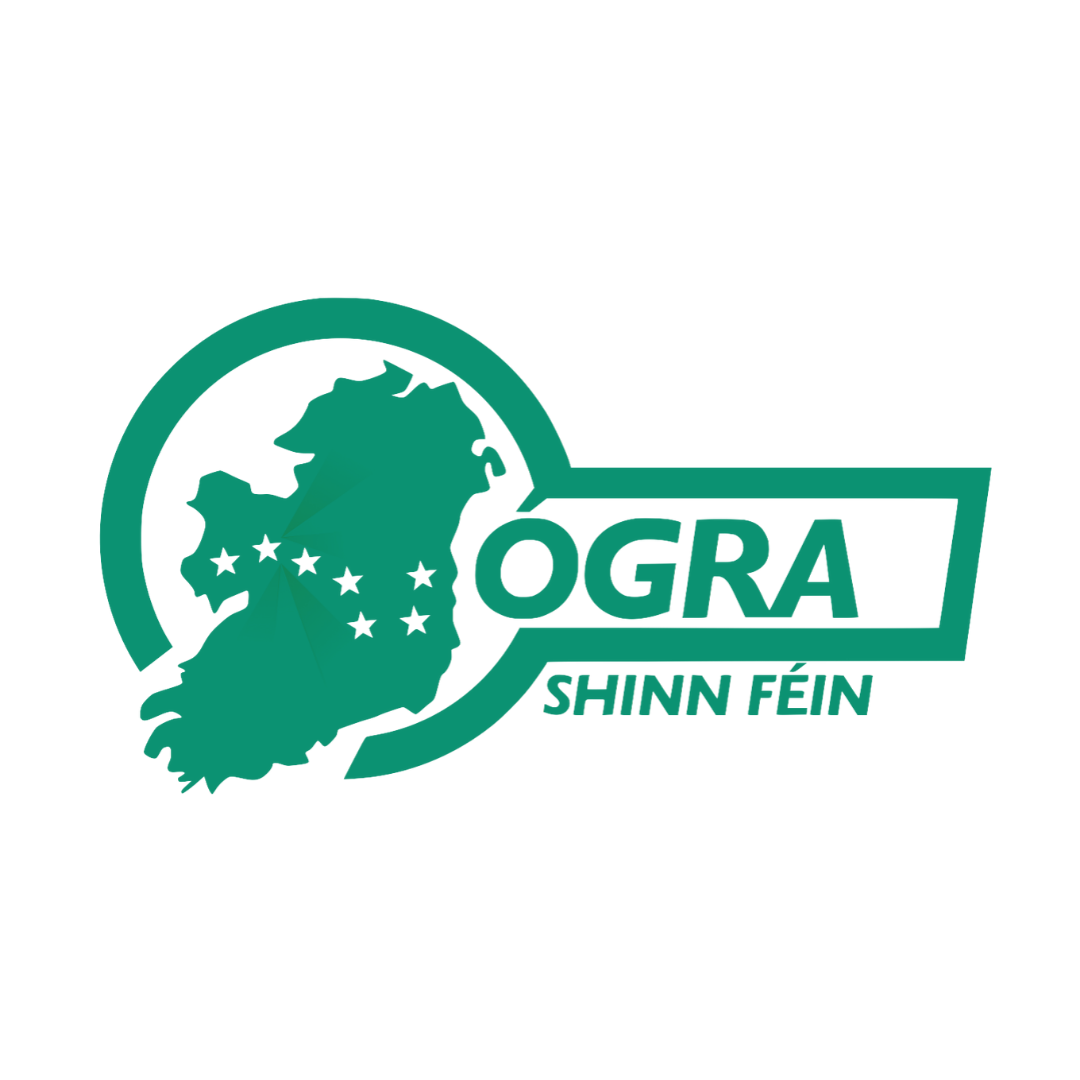The Impact of Women-led Political Activism in Bolivia
There is an Aymaran proverb that states, “When men are talking, women are doing.” To many, this can be seen to depict the nature of patriarchal structure, where women are expected to be busy around the house whilst their male counterparts relax after a hard day’s work. However, with the turn of the century, another meaning for this proverb has come to the forefront, that is, whilst men are the ones holding political office, it is the grassroots female activists carrying the Bolivian society on their backs.
From the Charco War in the 1930s to the US-backed right-wing coup d’état of 2019, it is fair to say that Bolivia has seen its fair share of political instability over the last century. The election results of 2020 which brought an end to Áñez’s undemocratic interim presidency and reinstated the socialist government of Movimiento Al Socialismo (MAS) brought about a new wave of hope to the Bolivian pueblo. However, an often-forgotten aspect to MAS’s electoral successes is the tireless efforts of women activists, particularly from the indigenous communities.
Here are three women who shaped the Bolivia we know today, and much like our own female revolutionaries, continue to do so in their legacy:
Ana Rosa Tornero
Known for publishing Bolivia’s first feminist magazine Ideal Feminine, Tornero was one of the founders of the first feminist organisation in Bolivia, El Ateneo Femenino, which aimed to attain civil and political equality for women. In 1929, the organisation held the first Female Congress in Bolivia’s capital La Paz, calling for the right for women to have an identity card, equal parental rights, and the right for illiterate women to vote.
She was also an active member of the American Popular Revolutionary Alliance (APRA), who’s aims coincided with El Ateneo Femenino, whilst also focusing on land reform, indigenous rights and cultural preservation.
During the 1930s Charco War, Tornero played a significant role by volunteering for the Bolivian Red Cross, and soliciting donations.
Esilda Villa
Bolivia’s first female lawyer, she was a key figure in the women’s movement in the early twentieth century. She gained her legal license in 1929, after a Ministerial Resolution in 1928 refused to grant her permission to practice law, due to women not being viewed as citizens at the time and therefore not being able to complete the mandatory military service.
She showed up at the military barracks demanding to be conscripted, and when the commandant refused based on her being a woman, she demanded to be given a certificate of disability, which allowed her male counterparts to evade the mandatory military service.
Throughout her time as a lawyer, she campaigned for housing for the children of prison inmates who were left without carers, she advocated for paternity investigations to ensure that absent fathers paid child support, and she ensured legal protection for single mothers, allowing them to gain guardianship of their own children, access education, and healthcare.
During the Charco War she retrained as a nurse to provide aid to those wounded on the battlefield, and during the 1946 coup d’etat, which saw the end of Gualberto Villarroel’s presidency, she organised for supplies and medical aid to be brought to people wounded in the rebellion via the Bolivian railway system.
Julieta Montaño
Founder of the Legal Office for Women (Oficina Jurídica para la Mujer), which aims to promote women’s rights and works towards eliminating and protecting women from sexual exploitation and violence, mainly through education and the creation of public policy. The organisation is directly responsible for the 2013 femicide regulation which holds the harshest punishment allowed under Bolivian law. Since the passing of this regulation, Bolivia has seen a drastic increase in the number of femicide cases reported, which could indicate an increasing awareness of the issue and families feeling more empowered to come forward.
It has been said that Montaño has influenced almost every piece of Bolivian legislation that advanced the rights of women since the organisation’s foundation in 1985.
Whilst these female Bolivian revolutionaries have carved the foundations for an equal future in the country, there is still work that remains to be done.
Bolivia has the largest indigenous population in Latin America, with 48% of the population over the age of 15 being of indigenous origin according to the 2017 consensus. Previously poorly represented, the election of Evo Morales as the first indigenous president of the country revolutionised the treatment and rights of the indigenous communities in Bolivia, however despite indigenous female activists such as Las Cholitas secretly spearheading his campaign, indigenous women are still the most disadvantaged group in Bolivia today.
Maternal mortality rates and illiteracy among women are some of the highest in the world, with roughly 38% of women living in rural areas being illiterate compared to men at 14%. This high illiteracy rate not only makes it difficult for women to enter the labour market but creates larger educational disparity. Education in Bolivia is mostly delivered through the medium of Spanish, thus excluding the 27% of Bolivian women who only speak a native language. Accessing education through native languages is a huge barrier for indigenous communities, and it is clear that this is a lasting effect of colonialism.
The election of 2020 cemented the fact that the Bolivian pueblo see socialism as the way towards a more peaceful and equal society, and just as MAS continue to be in power, women-led political forces such as Las Bartolinas continue to work closely alongside MAS to ensure these improvements are made. Things may not be perfect today for women in Bolivia, but the future is certainly bright.
La revolución será feminista, o no será.
le Samantha Nic Dháibhí
